
If your car appears to lose power, you might have heard a technician refer to it going into ‘limp home mode’. This is a feature of all modern cars and I think it’s important for drivers to understand what it is.

If your car appears to lose power, you might have heard a technician refer to it going into ‘limp home mode’. This is a feature of all modern cars and I think it’s important for drivers to understand what it is.

Car drivers are being warned they could fall victim to increasingly persistent motoring scammers. In 2020, the government’s Driver and Vehicle Licencing Agency (DVLA) saw a 603 per cent leap in fraudulent activity compared to the previous year. That’s just from the number of scams that drivers reported. The DVLA is worried thousands of drivers have unwittingly fallen for scams and not disclosed it.
Desperate fraudsters are sending blanket emails and texts to thousands of drivers. They know that if just a tiny percentage fall for them, the crooks will be quids in. Read on to find out how you can avoid being scammed.

At Green Flag we’re great believers that if you look after your car, it will look after you. And with many people off work over the Christmas period and having time on their hands, this week is ideal for giving your car a New Year makeover. Do that and you really will be starting 2021 firing on all cylinders.
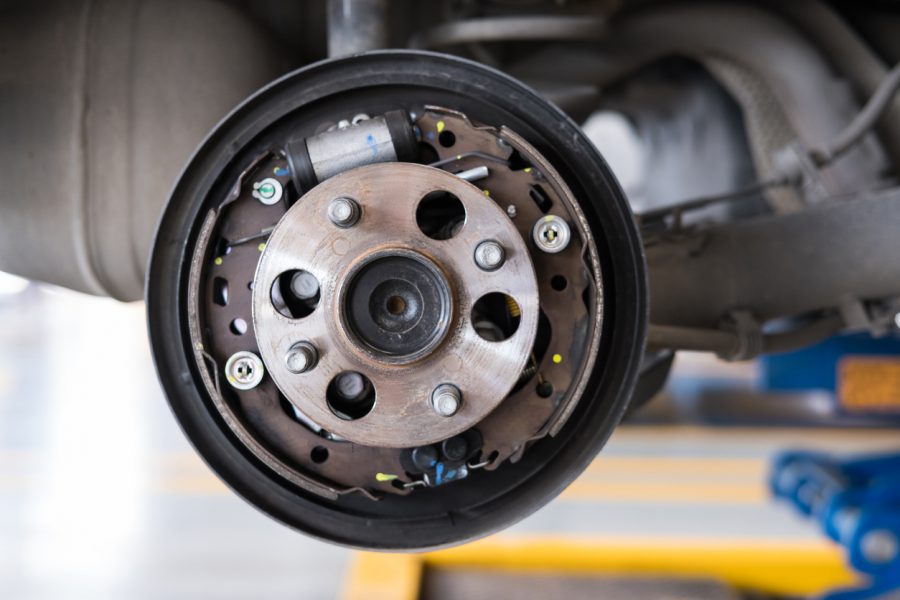
Car wheels look so simple, surely there can’t be much to fail? Actually plenty can go wrong from ropey balancing to worn or even broken wheel bearings. It’s often tricky to figure out what is and isn’t wheel bearing trouble but there are some giveaway signs. Read on to find out if that might be the problem with your car.

It’s something we all do in our cars without even thinking about. But a new study reveals that how we hold the steering wheel actually says something about the kind character – and driver – we are.
Conducted by Select Car Leasing the research was carried out with psychotherapist Lohani Noor. She said: “Your driving hand position certainly reflects your mood and personality.
Continue reading
It’s time to think about Christmas presents for the car lover in your life. Or perhaps rewarding your car for all its sterling service by buying it a present. Whoever you’re getting the gift for, you might need some inspiration. And that’s what we’re offering, with a handful of present ideas for all budgets.

The government is considering changing the priorities drivers enjoy on the road. It wants to improve road safety by protecting vulnerable road users such as cyclists.
However, safety charity IAM RoadSmart surveyed drivers. This revealed drivers didn’t like the idea. Nearly three quarters (71 per cent) think giving more priority to cyclists and pedestrians over cars will cause more arguments.
IAM RoadSmart policy director Neil Greig claimed if the rules are changed, drivers need to be educated properly. He said: “The Department for Transport needs to be realistic about the impact simply changing a seldom-read document will have on the behaviour and safety of road users.” Take our quiz to find out how well you know the Highway Code.
Continue reading
Over a third of UK drivers regularly get behind the wheel without having fully de-iced their vehicle. Not only is this dangerous, it’s actually against the law.
So, as part of our Can’t See, Won’t Drive campaign, we’ve put together some expert advice on how to de-ice your car safely, even in the toughest conditions.
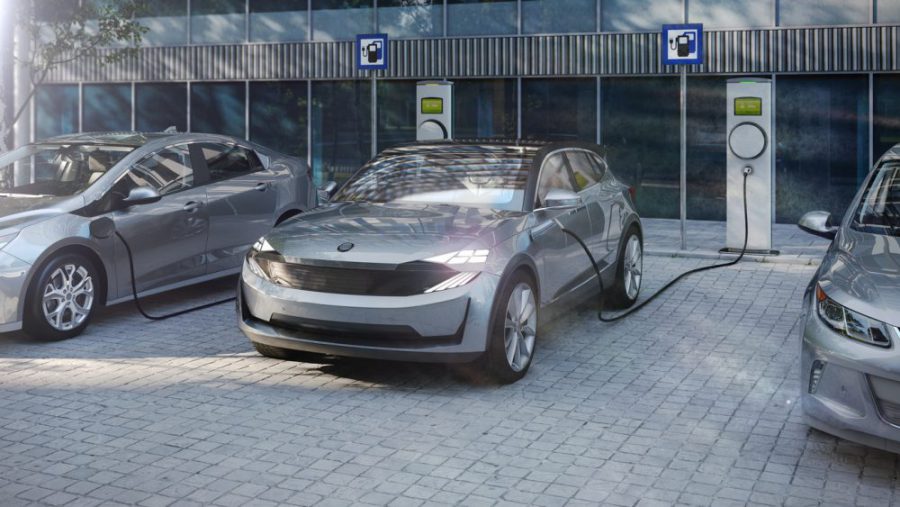
Electric car sales are booming in the UK. New figures reveal that in the first 10 months of 2020, purchases of new battery-powered motors were up by 195 per cent in the UK on the same period the year before. As well as an ever-expanding choice, much of it is down to a growing number of car buyers waking up to the benefits of electric motoring.
Rather than just being easier and cheaper to fuel – power for electric cars costs about a third of conventional fuels – electric cars are also cheaper to run. Here we look at why they cost so much less than internal combustion models.

The government is planning to change mobile phone laws for drivers in the first few months of 2021. It wants to close loopholes in the law. These enable drivers to use their devices at the wheel in ways that might be as dangerous as making a call.
The gaps have come about as phone technology has become more sophisticated with smartphones. To plug the loopholes, the government wants to make it illegal for drivers to touch their phone.
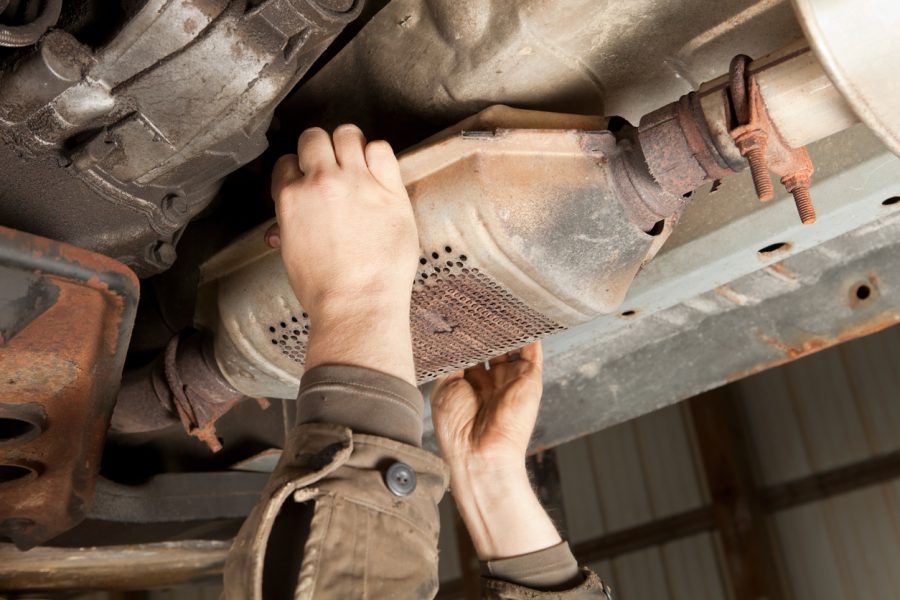
The Catalytic converter or ‘cat’ is a standard part of every modern car’s exhaust system. It helps to reduce harmful pollutants in the engine’s fumes. But thefts of catalytic converters are increasing dramatically.
In 2019, reported thefts of cats rose to 13,000 throughout England and Wales – up six times on the previous year. It’s not cheap to put right either. Replacement catalytic converters cost anywhere between £500 and £2500, depending on the car. Read on to find out if you could be at risk.
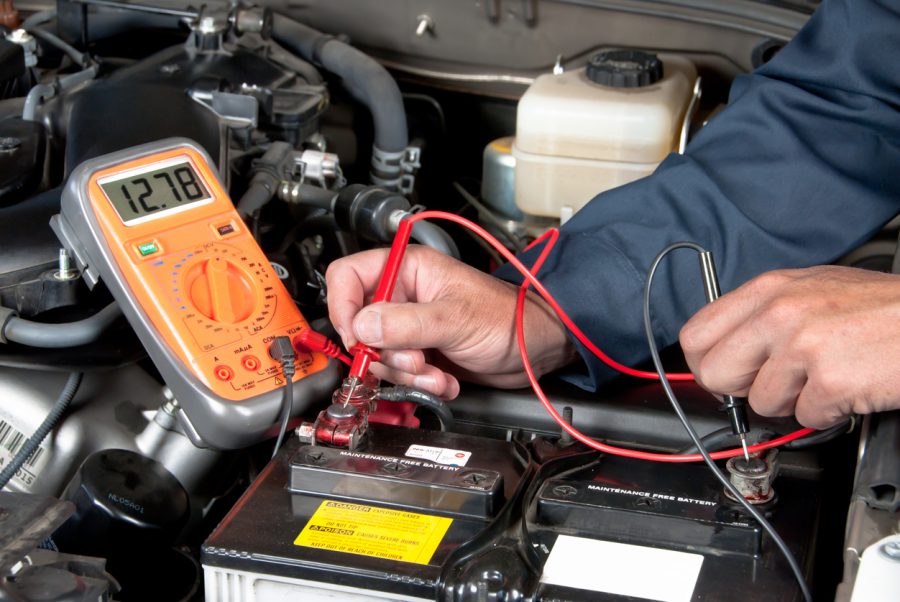
Updated 02 December
Winter is well and truly here, so now’s the time to prepare your car for cold weather.
If you can, the best way to get your car ready for winter is to take it in for a service. But if your scheduled service isn’t due, here are some important tips that should ensure your car won’t let you down when the going gets cold.
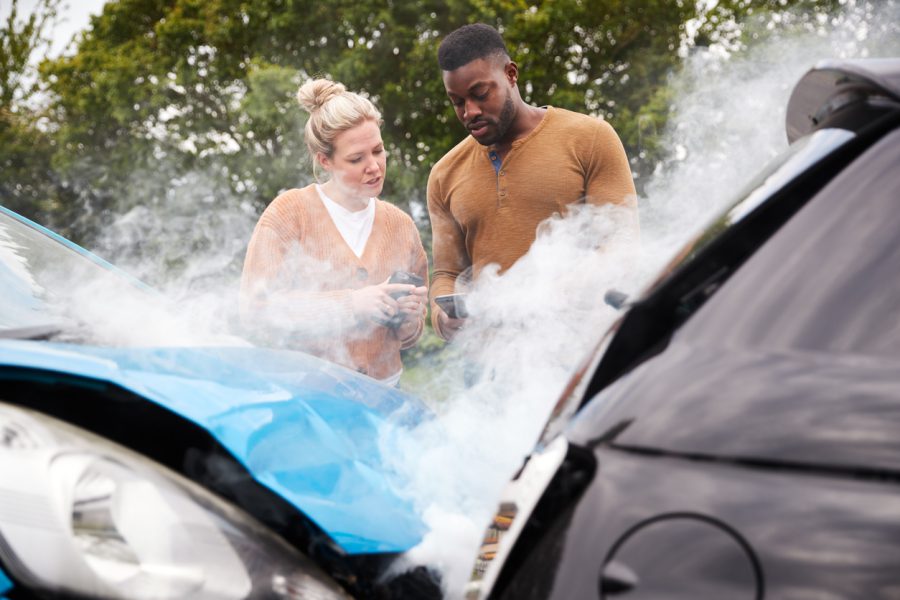
The good news for car drivers is insurance premiums could fall next year. The bad news is this year, the risk of being a victim of insurance fraud could increase. And drivers should be aware they’re being targeted in another scam called ‘click to call’. Read on to find out how motor insurance fraud is changing.
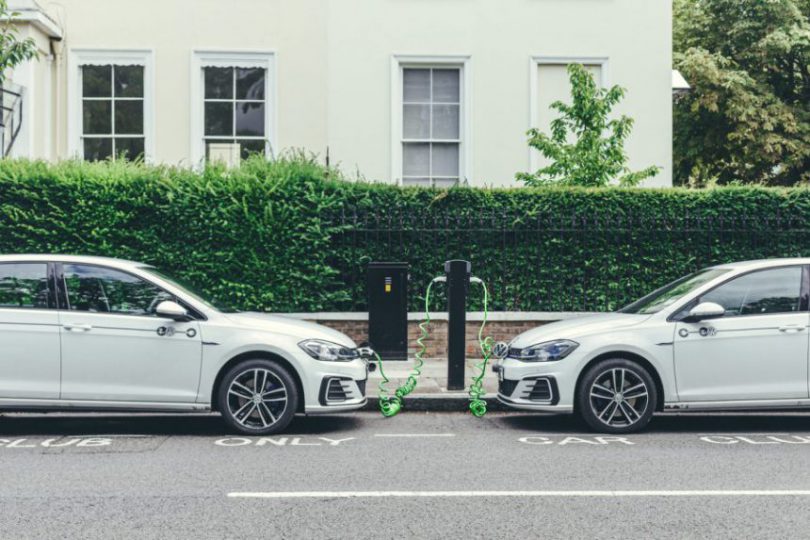
The UK government is believed to be ready to say it wants a sales ban on new petrol and diesel cars from 2030. This sales ban will include hybrid cars and bring the proposed changes forwards by 10 years.
The government may even consider lowering tax on electric cars after an independent study recently found that ‘some form of financial support to make it easier to afford’ an electric vehicle would be effective and popular.
But assuming this ban does go ahead in 2030, what will it mean to the millions of ordinary drivers out there? We investigate.

Not bothering learning to drive because a self-driving car will do the work for you? Looking forward to checking social media on your smartphone or messaging your mates legally while at the wheel?
The time when you’ll be able to do both these is edging nearer but there’s still some way to go. Read on to find out where the UK is at now with autonomous or self-driving cars.
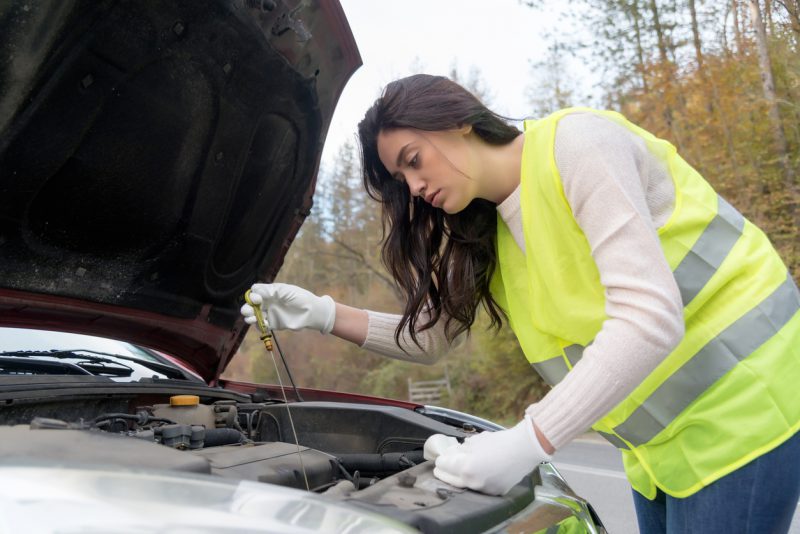
More than half of younger student drivers are planning to take their car to university this year, research by Green Flag found. The study revealed that 54 per cent of 18-24 year old students hope to have their car with them when the 2020 academic year starts.
If you’re one of those student drivers, there’s plenty to consider. From the type of car you choose, to how you look after it and what you tell your insurer, we investigate what you need to know.

If your learning to drive was delayed by the COVID-19 pandemic, you’ll be relieved to hear things are getting back to normal.
Driving lessons have been held again since the beginning of July. Learners who feel they’re ready have been able to book a test since August 26. However, reserving a test slot has proved difficult because of technical difficulties with the Driver and Vehicle Standards Agency (DVSA) website. Read on to find out more about learning to drive and taking the test.

Car theft has risen by a half over the last five years. That means every nine minutes in 2019 a car was stolen in the UK, official figures say. One organisation even estimates vehicle-related crime costs the UK £2.7m per day. But which models were most sought after by thieves? And where should you park if you don’t want your car to be stolen? Read on to find out.
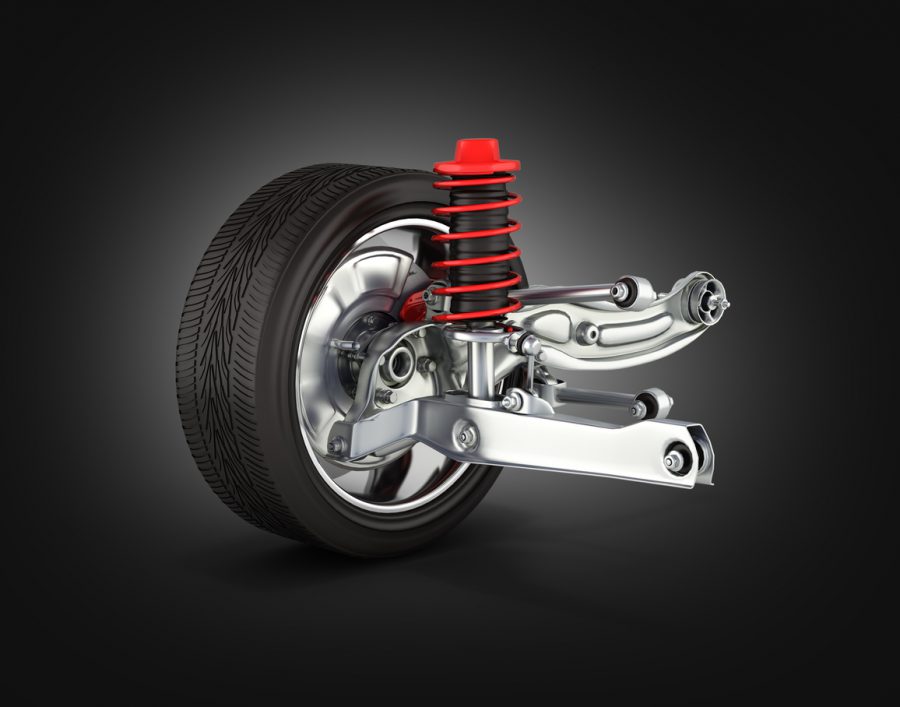
The suspension on our cars is a very hard-working piece of kit. And it’s one we take for granted – until we experience suspension trouble. While we’re driving forwards, the suspension is constantly in motion too, coping with undulations in the road surface and other forces on the car.
It’s the suspension that keeps the car’s road wheels in touch with the ground when we go round corners. And it’s the suspension that helps to insulate the driver and passengers from the outside.
Unsurprisingly with something that’s so busy, cars can suffer suspension trouble. And the number of potholes on our roads seem to be making suspension trouble more likely. Read on to discover how to diagnose it.

Car washing in hot weather, or even on a warm sunny day for that matter, can become a long, drawn out and frustrating process. Even sunshine on a relatively cool day can cause trouble when you want to clean your car.
Cars heat up astonishingly quickly in the sun. According to researchers at Stanford University in the US, on a day when the temperature is just 20 degrees C, a car’s interior will get to 38.9 degrees C within 30 minutes. If the outside temperature is 24 degrees C, it will reach 42.9 degrees C in 30 minutes.
The car’s mainly metal bodywork soaks up heat just as effectively, causing water to evaporate quickly as soon as it’s spread over your motor. The result will leave a dirty tide mark of combined shampoo and dirt. And when you do manage to rinse that off, it’ll dry quickly again, leaving spots on your paintwork from impurities in the water.